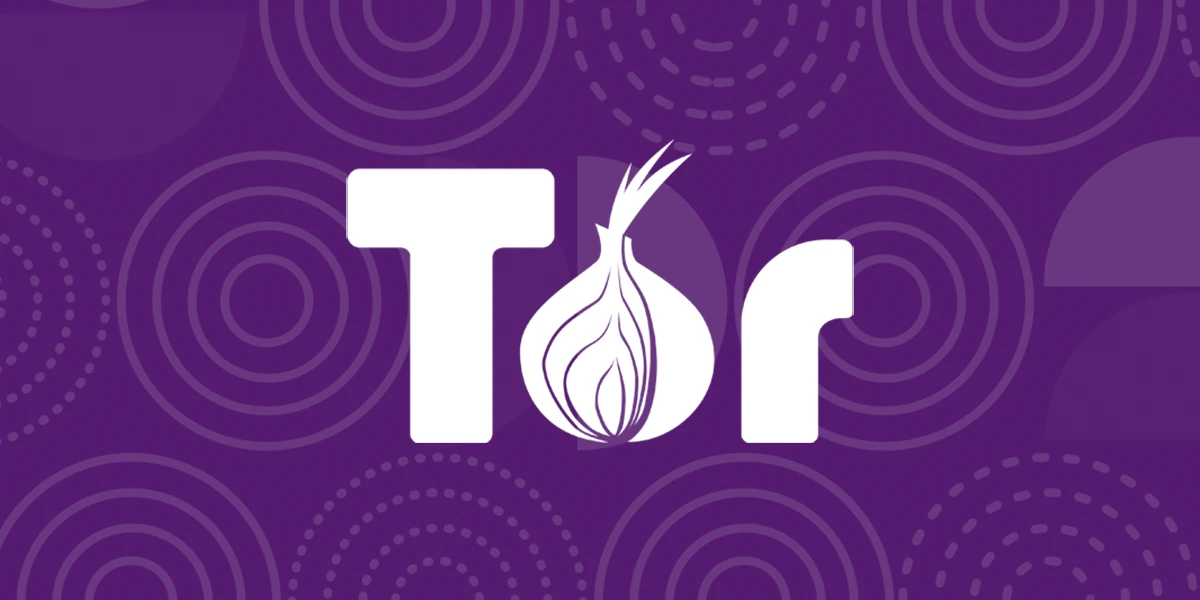
In an era where online privacy is becoming increasingly important, tools that protect user anonymity are paramount. One such tool, renowned for its focus on privacy and security, is the Tor Browser. Based on the open-source Mozilla Firefox browser, Tor Browser is built around the principle of safeguarding users’ online identity.
ᐉ TOR Browser Download Link
(Windows, Linux, MacOS, Android)
What is the Tor Browser?
Tor, which stands for “The Onion Router,” operates on the onion routing technique. In essence, when you send a request (like accessing a website), it gets encrypted in layers (akin to layers of an onion). As the request passes through several randomly chosen nodes (computers) in the Tor network, each node peels off a single layer of encryption. By the time your request reaches its final destination, all encryption layers have been removed, and the website receives your request as if it’s a direct one. This process ensures that no single node ever knows both the original source and final destination of the data, thus maintaining user anonymity.
Features of the Tor Browser:
The Tor Browser, a cornerstone project of the Tor Project, is built upon the foundation of safeguarding user privacy and maintaining anonymity while navigating the internet. Here’s a detailed look at its standout features:
- Multi-layered Encryption:
- Onion Routing: The term “Tor” originates from “The Onion Router”, which is a nod to its unique approach to data encryption. Data packets are encrypted in multiple layers, much like the layers of an onion.
- Routing through Relays: When a user sends a request, it gets routed through a series of volunteer-operated servers, or relays. Each relay decrypts a layer of encryption to reveal only the next relay in the circuit, ensuring no single node knows the complete path of the data.
- No Browsing History: The browser is designed to leave no trace. Once you close it, all your browsing history, cookies, and any stored data vanish. This ensures that even if someone gains access to your computer, they won’t find any browsing traces left by the Tor Browser.
- Blocking Trackers & Cookies: Tor Browser prevents third-party trackers and malicious cookies from keeping tabs on your browsing habits. This feature limits the data advertisers can collect and ensures users enjoy a more private browsing experience.
- Access to the Deep Web: One unique feature of the Tor network is its ability to access
.onionsites. These sites are part of the deep web, which remains invisible to standard search engines, ensuring an additional layer of anonymity and privacy. - Fingerprinting Protection: Browser fingerprinting is an advanced tracking technique that collects information about your device type, screen resolution, and other settings to create a “fingerprint” of your device. Tor Browser aims to combat this by making all users appear virtually identical, thwarting websites’ attempts to identify and track you based on this fingerprint.
- Circumvent Censorship: For those in regions where internet access is restricted or censored, Tor offers a means to bypass these restrictions. It allows users to surf freely, access blocked sites, and retrieve information without the fear of retribution.
- Guard against Surveillance: By scrambling your data and routing it through multiple nodes worldwide, Tor Browser makes it exceptionally challenging for agencies, ISPs, or malicious actors to monitor which sites you’re visiting or where your requests are going.
- Isolated Site Identity: Cookies and site data are isolated per website, ensuring that trackers can’t use them to follow you from one site to another.
- Cross-Platform Availability: Tor Browser is available for multiple operating systems, including Windows, macOS, Linux, and mobile platforms, ensuring that a wide variety of users can access its features.
- Integrated .onion search capabilities: With search engines like DuckDuckGo accessible via the browser, users can search and access .onion sites with ease.
- Pluggable Transports: In places where the use of the Tor network might be blocked, Tor Browser uses Pluggable Transports, a technique that disguises your connection to the Tor network, allowing you to use the browser even in highly censored regions.
The Tor Browser stands out as one of the premier tools for online anonymity and privacy. Its array of features is meticulously designed to offer users a secure browsing experience, free from the prying eyes of third parties, be they advertisers, hackers, or even governments. In a world where data privacy is a growing concern, the Tor Browser provides a beacon of hope for secure and anonymous online activities.




